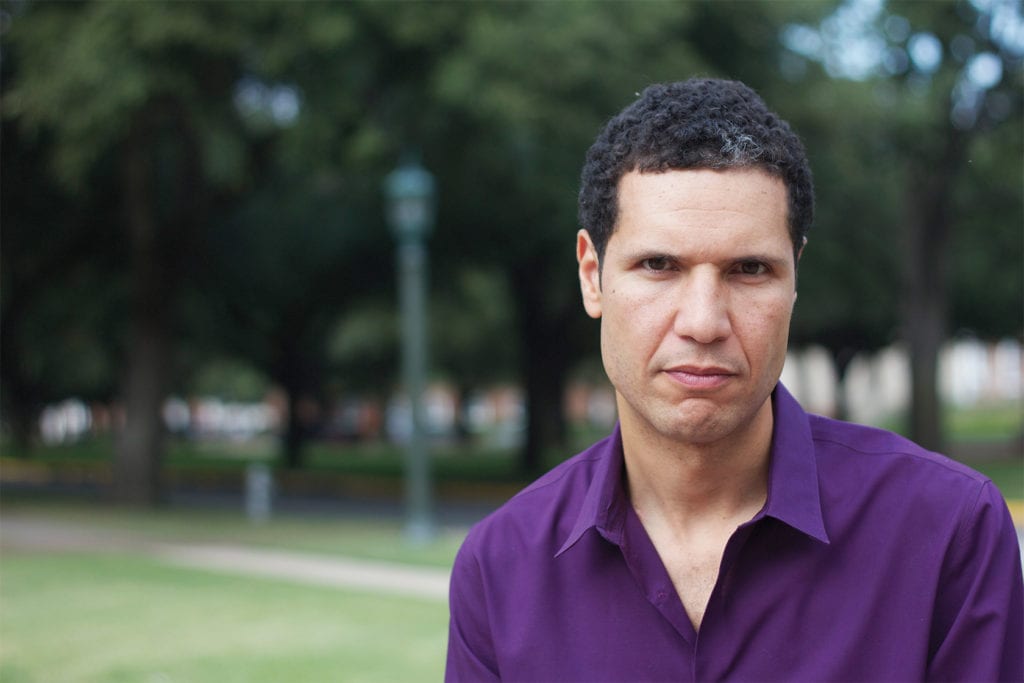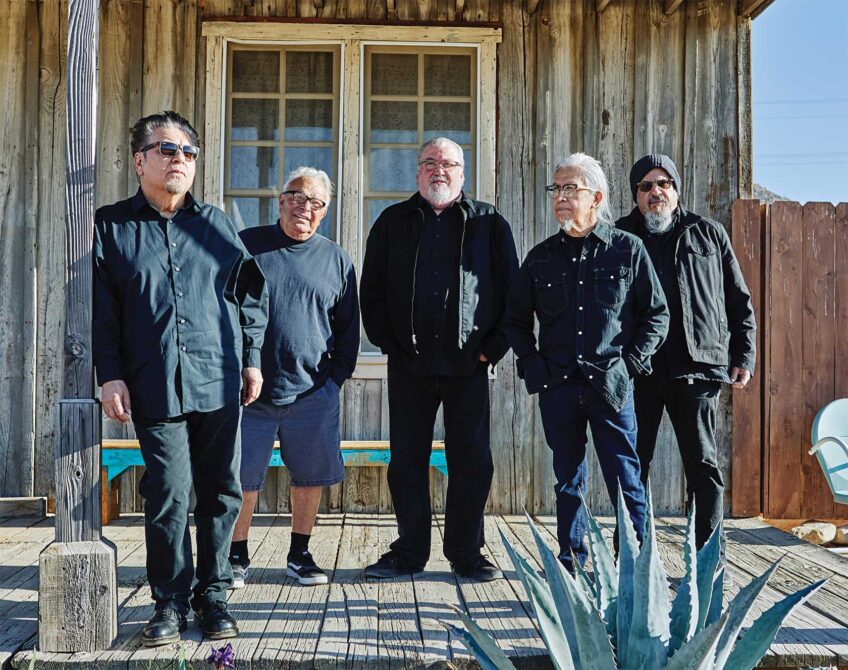
This month marks the 55th anniversary of the assassination of civil rights leader Malcolm X. Gunned down on Feb. 21, 1965 at the Audubon Ballroom in New York City before an audience that included his wife, Betty Shabazz, and his children, the man known as Malcolm X was murdered at the age of 39. For award-winning playwright Will Power (“Fetch Clay, Make Man”), Malcolm’s life was cut short too soon, but it was at a point, Power says, where he had “reached a certain zenith that most people don’t get to reach.”
To most people, Malcolm X is associated with Harlem in New York City, from his days as a street hustler and running numbers to his work as a minister with the Nation of Islam and his later break with that organization. But it was his formative years in the 1940s as a teenager in Roxbury, Massachusetts, where he was known as “Detroit Red,” that captivated Power.
“When I was growing up, there were a lot of young men that I knew that were young, brilliant, angry and creative and sometimes violent with this angst,” explains Power, who grew up in the Bay Area in California. “And I was always like, ‘How did he become Malcolm X, and some of these other guys I know didn’t?’”
It’s this early period, from the age of 14 or 15 to Malcolm’s years of incarceration in Charlestown State Prison and Concord Prison in Massachusetts, that the playwright chose to examine in his play, “Detroit Red,” now in its world premiere run in Boston, presented by ArtsEmerson. “As a writer, I’m most often drawn to the places that haven’t been explored,” Power says.
Directed by Obie award-winner Lee Sunday Evans and starring Drama Desk nominee Eric Berryman as the title character, the play runs through Feb. 16 at the Emerson Paramount Center in Boston.
Called “the best verse playwright in America” by New York Magazine, the renowned playwright, performer and educator is also widely known as one of the pioneers and co-creators of hip-hop theater, a late-20th-century art form that led the way for future iconic works such as Lin-Manuel Miranda’s “Hamilton.” Power has created a unique fusion of original music, rhymed dialogue and choreography.
Long fascinated by what he describes as the “dynamic change” in Malcolm’s life, Power spoke with individuals from Roxbury who knew Malcolm as a young man and held workshops with community members as part of his research. Many of the people he spoke to, who are now in their 80s, didn’t consider Malcolm to be from Boston or a Boston figure, and they didn’t see him with the same reverence that so many others do around the country and the world. For others, the legacy is complex. Power’s grandfather, who knew Malcolm in New York in the 1960s, liked what Malcolm was trying to do but didn’t like some of his methods or the ways he was trying to do it, according to Power.
“Detroit Red” takes place primarily in Boston, with a few scenes involving travels to and from New York. It features moments in his life when he worked as a soda fountain clerk at Townsend Drugstore in Roxbury and as a bus boy at the Parker House in downtown Boston. Through the play and Berryman’s portrayal of Malcolm, Power says, he hopes that audiences will understand “the complexities of humanity.” He wants viewers to see and learn “how Malcolm X became Malcolm X.” Power believes that it wasn’t just Malcolm X’s innate gift of intelligence and being an amazing wordsmith, and his charisma and bravery, that shaped him, but also his time in Boston and all the challenges that he faced.






